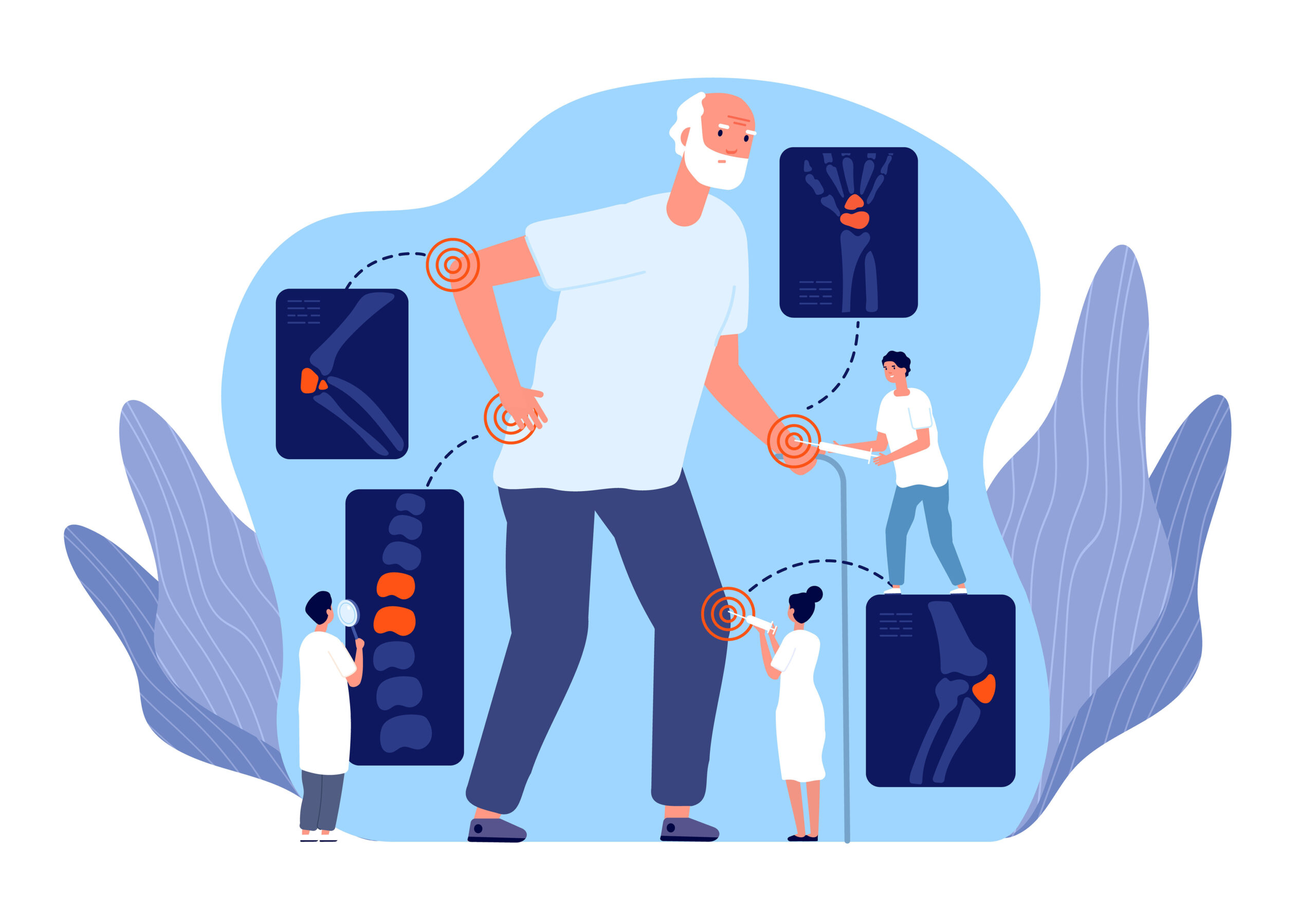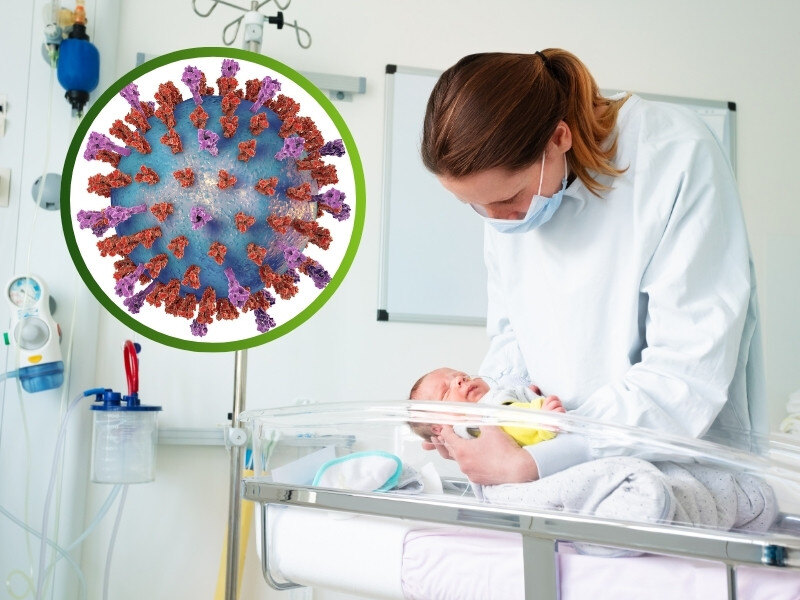Re-Educating the Immune System: a ‘Brave New World’ in Immunology

The range of available therapies for patients with autoimmune diseases has long been limited to immune inhibitors. Those drugs have helped treat the symptoms of autoimmune diseases in some patients. However, they often have issues with resistance, effectiveness, and the side effects of suppressing a patient’s immune system.
Some scientists have begun to question whether there might be a more effective answer to autoimmunity. The holy grail would be a solution that could cure these diseases rather than just mitigate their worst effects. That would mean an increase in remission rates while simultaneously removing the dangerous side-effects of immunosuppressors.
Roly Foulkes is the Chief Scientific Officer at RevoloBio, a company asking that exact question. His company is working on “resetting” the immune system rather than simply suppressing it. Foulkes laid out RevoloBio’s pioneering project at Oxford Global’s 2021 Immuno UK conference.
RevoloBio is taking a new approach to treating autoimmune diseases. Foulkes claims that they can induce long-term remission in patients by “resetting” or “re-educating” the immune system. Uniquely, only from a single dose of their new drug, ‘1805.
The immunosuppressant drugs that have been the go-to for patients with autoimmune diseases work by inhibiting immune systems that problematically attack their own body. “Re-education” means that you teach the immune system to do its conventional purpose instead of simply inhibiting it.
‘1805: A Drug to Re-Educate the Immune System
Foulkes explained that there is no need to chronically prescribe their drug due to its unique PD/PK effect of inducing regulatory T-cells. Preclinical studies, therefore, only looked at a single administration of ‘1805.
‘1805 is a first-in-class analogue of the endogenous binding immunoglobulin protein (BiP). BiP is mainly responsible for folding proteins and polypeptides, residing in the endoplasmic reticulum. Foulkes explains that BiP can also have immunoregulatory and anti-inflammatory properties under stressed conditions such as extracellular secretion.
These are the properties that RevoloBio exploit as the mode of action in their drug. RevoloBio has modified BiP to remove its intercellular properties and shown that its serum half-life is likely to be only around four hours in humans.
Therefore, the long-term beneficial effects of ‘1805 are due to an increased secretion of anti-inflammatory cytokines, reduction in pro-inflammatory cytokines, and also an affect the maturation of dendritic cells to induce regulatory phenotypes which leads to the generation of regulatory T-cells.
Applications and Challenges
RevoloBio sees ‘1805 as having the potential to treat a range of autoimmune diseases. Still, at the moment, they are focussing on its application for patients with severe rheumatoid arthritis (RA) and uveitis. RA is a disease that has traditionally had a shallow remission rate, and the therapeutics on offer have been immunosuppressors that carry a serious risk of infection and other complications.
This is why the data from ‘1805’s Phase II clinical trial has been a step forward. The data suggests that the drug has shown safety in human studies and has the potential to produce rapid onset sustained remission in RA patients after a single dose.
Paul Eggleton, the Senior Director of Immunology at RevoloBio, called the shift toward re-educating the immune system a “Brave New World” in treating autoimmunity. However, Eggleton said the difficulty with this shift is that it is outside the comfort zone of many pharma companies.
Eggleton wants to encourage the change in mindset that RevoloBio is spearheading to spread industry-wide. He says that the future of therapeutics for autoimmune diseases requires targeting multiple immune pathways simultaneously, rather than antagonising single target pathways as has been standard in the past.
“In my view, the pharma industry is evolving and developing therapeutics that are more complex because we cannot eradicate such diseases by a ‘one-hit’ pathway. This, I believe, is the way forward.”
The Future of Treating Autoimmune Disease
At Immuno UK 2021, Eggleton commented on where he thinks the vanguard of immunology might go next. He believes that neurodegenerative diseases look like “one of the final challenges of medicine.”
Neurodegenerative autoimmune diseases such as progressive multiple sclerosis are notoriously intractable. This makes the pathways toward better treatments of autoimmune disorders truly exciting.
The lessons that RevoloBio is learning from their studies into RA and uveitis could prove to be useful in the broader battle against autoimmunity. Want to know more? Oxford Global is hosting a discussion led Eggleton on 4 April at 15:00 (BST).
The discussion group will focus on ‘Treating Autoimmune Diseases: Past, Present, and Future’ and will be a fantastic opportunity to network and share ideas. Click here to sign up for this exclusive event.
Want to see prominent experts and industry leaders in immunology in person? We recommend joining our upcoming Immuno UK conference, the foremost hub of knowledge for immunology and immunotherapy.
Speaker Biographies
Dr. Roly Foulkes has 25 years of experience building and delivering innovative therapeutic portfolios within the immunology and inflammatory disease space. He has a strong record advising small and medium sized immunology biopharma companies in developing competitive therapeutic strategies and bringing new innovative molecules to the clinic.








